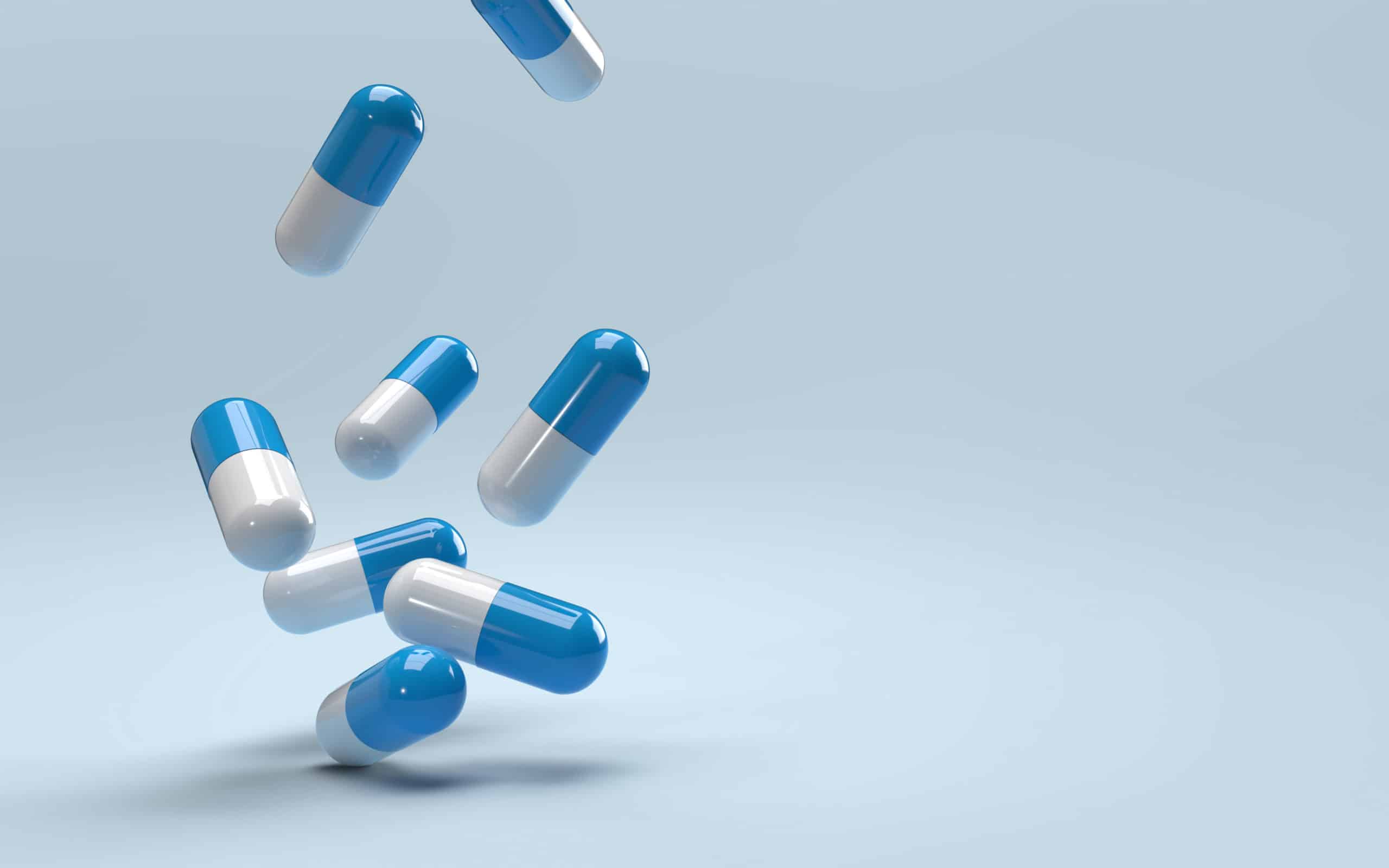Clinical pharmaceutical trials are notorious for taking months and years to complete, leading to a slow onramp of a new drug or treatment. Let’s explore why this process takes so long and the factors that affect how quickly they’re able to be completed.
Drug Testing and Licensing
This stage is commonly referred to as “from bench to bedside.” It involves the thorough testing of new drugs and treatments before they can be made available to patients. A drug may be licensed if, during trials, it showed that it works as expected and does not lead to too many side effects. It can take as long as 10 years or more for a drug to go through the entire clinical trial phase.
The time varies greatly because of many complicating factors.
Factors Affecting How Long Pharmaceutical Clinical Trials Take
1. Commonality of Disease
Clinical trials involving rarer diseases or cancers always take longer. And that is because researchers normally do not have enough patients to study to meet the guidelines for each phase of the trial. This forces researchers from many different countries to come together and try to find enough patients in their fields. That being said, organizing and setting up such clinical trials often take longer. On the other hand, international trials tend to be quicker because researchers can easily find enough patients to work with.
2. Treatment Type
Trials that rely on new techniques to deliver treatment tend to take longer than those that use standard techniques to deliver treatment. Trials that use new methods require extra training and often specialist equipment. Moreover, the length of the treatment protocol affects how long trials last as well. For instance, trials involving treatments that require a single dose are always much quicker than those whose treatments can last for months or even years.
3. Trial Type
While some trials focus on treatment, others focus on screening for cancer. Screening trials are longer than treatment trials. That is because researchers always want to follow people who join screening or prevention trials for many years to be as sure of the result as possible. Researchers must do this to have clearer results on who has side effects or don’t respond to treatment and those who do.
4. The Follow-Up Period
Clinical trials demand that researchers look at how well patients are coping after they have had their treatment. This helps them find out how effective the treatment is after a longer period. It also helps researchers know if there are any long-term side effects. Depending on the treatment, follow-up periods can be between a few months and 10 years.
5. Roadblocks and Ineffective Results
Sometimes, researchers run trials only to find out that there are issues with the new drugs or treatments. These may include difficulty in administering the treatment to patients; reactions to treatments, or unexpected side effects. Problems due to new treatments may make trials take longer to complete or abandon them altogether.
Get Involved With A Clinical Trial
At Altus Research, we are a dedicated clinical research site in Lake Worth, FL. Because of our in-depth experience, we have helped contribute significantly to projects from Covid-19 to plaque psoriasis. Schedule a consultation with us today to find out where you might fit and help advance medical research by filling out our online contact form.

